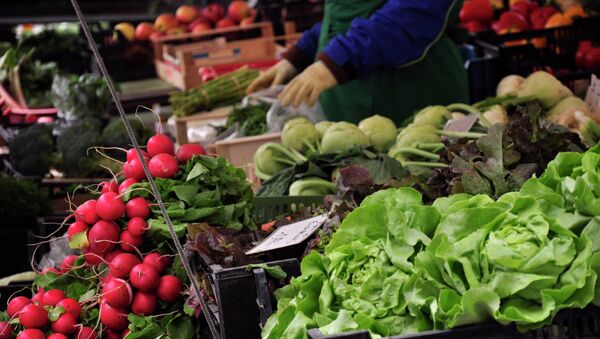The project, which has been granted 8.3 million kroner (roughly 1.5 million dollars) by the Environment and Food Ministry represents a joint venture between the Danish tech company Ecobotix, Aarhus University and the University of Southern Denmark and is expected to curtail pesticide use in Danish agriculture by 3.4 percent.
One of the reasons for the costly investment is that Denmark is one of the world's leading consumers of organic food: 8.4 percent of the food consumed in Denmark is organic, making Danes the leading consumers of organic food in the world, per capita. The nation of 5 million is also home to 2,557 organic farmers.
"It's not just the organic sector that is booming in Denmark," Environment and Food Minister Esben Lunde Larsen said, citing untapped potential in the organic market. "The desire to innovate is also blossoming, and Danish companies are among the world's best at developing new technology within a number of areas."
The debate on organic food has been seething over the past decade, with its devotees claiming significant health and environment benefits, whereas supporters of "conventional" food argue organic products are simply overpriced, with little evidence to back their advantage.
Rapport: Høj mængde pesticider hos danske børn https://t.co/9CIL4VmCSB #dkgreen #dkfood via @Altingetdk
— FBR Tænk Kemi (@TaenkKemi) 18 мая 2016 г.




